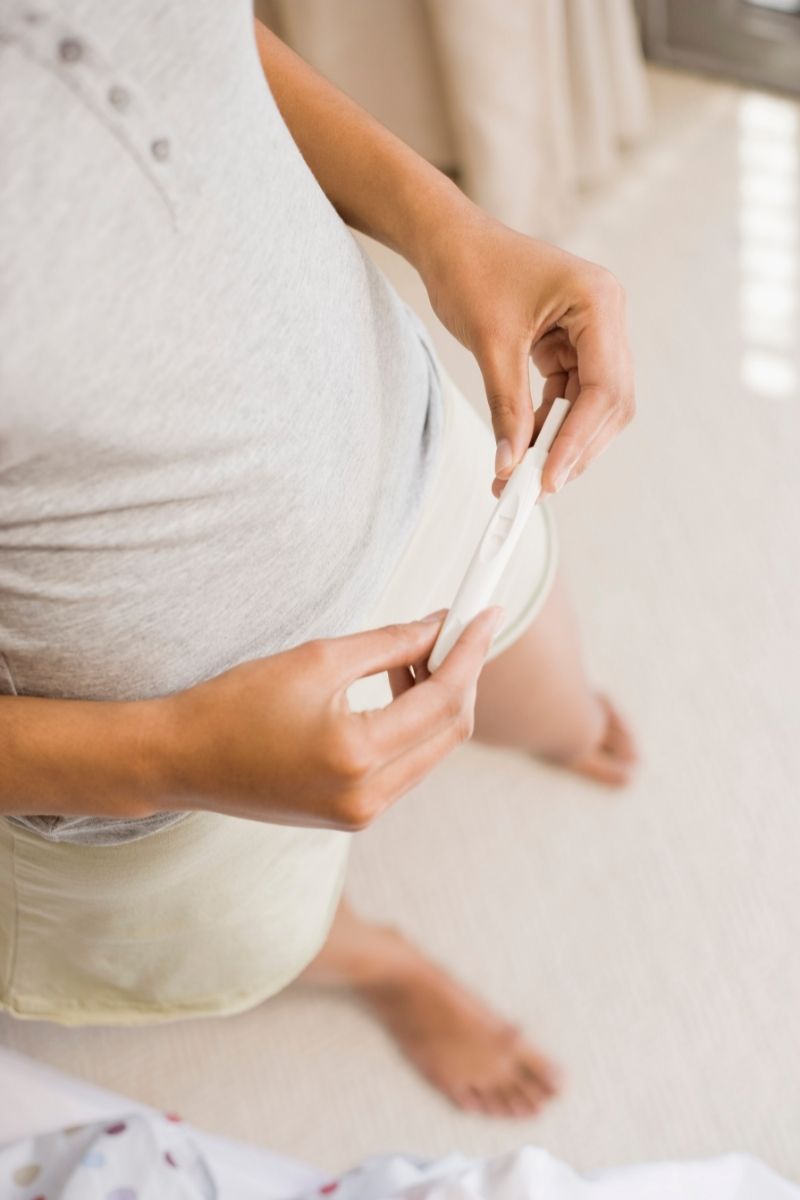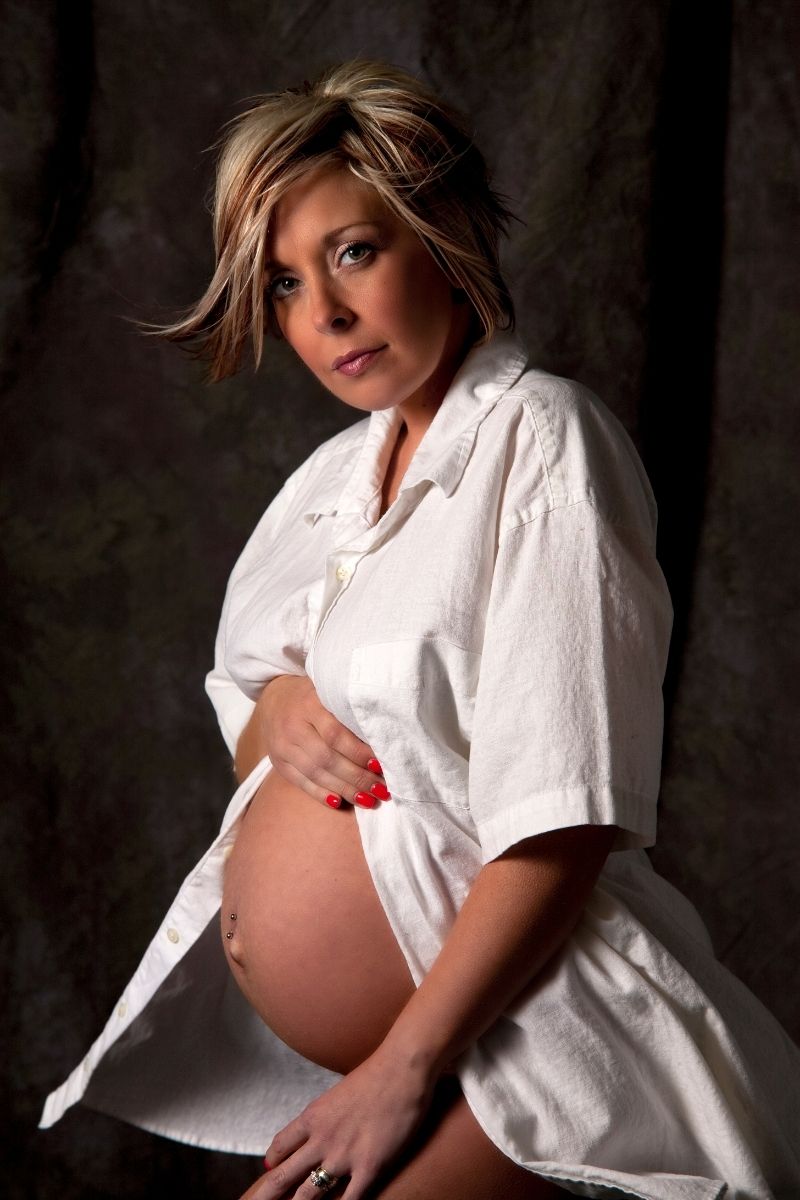Pregnancy and Menopause
Have you ever pondered the question, “Can you get pregnant during menopause?” I know I initially did when I started my menopause journey.

Okay, let’s consider the facts;
If you are post-menopause, in other words, haven’t had a period for over a year, the possibility of pregnancy disappears. However, despite all the myths, you can get pregnant during perimenopause, the period during the menopause transition.
Although your ovaries are producing less oestrogen and progesterone, and you may be starting to experience menopausal symptoms such as hot flashes, mood swings, irregular periods (less frequent), your ovaries could still release an egg in some months but not every month.
Less regular periods or having no periods at all for a few months can trick you into thinking your reproductive years are over and contraception is no longer required. As long as you still have your period, you can still get pregnant, no matter how infrequent
Due to hormonal changes during perimenopause and the reduction of oestrogen and progesterone, the brain is overcompensating, which may result in secreting more follicle-stimulating hormones (FSH). By secreting more FSH, our bodies can have more than one follicle to grow and release an egg, meaning multiple eggs can be released simultaneously, thus increasing the chance of pregnancy and the prospect of having twins as well!

It is so important to continue using birth control during this time to avoid unwanted pregnancies or a big shock to the system when you realise you are expecting!
Menopause and pregnancy can also share similar symptoms such as;
- Hot flashes
- Missing a period
- Breast tenderness and swelling
- Overwhelming tiredness and sleep disturbances
- Weight gain
- Lack of interest in sex
Overall though, the chance of conceiving naturally in perimenopause is meagre, no more than 2%. As egg quality deteriorates with age, the likelihood of miscarriage and the risk of certain abnormalities increases up to 50% in women aged 45 and over.
Remember also that HRT is NOT a contraceptive. HRT supplements the hormones your body is already producing, whereas birth control completely suppresses hormones and replaces them altogether. If you are perimenopausal, effective contraception is imperative, even when experiencing irregular periods and uncertain of your actual menopause status.
Written by Pauline Madden

0 Comments